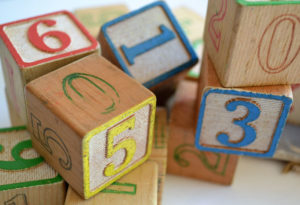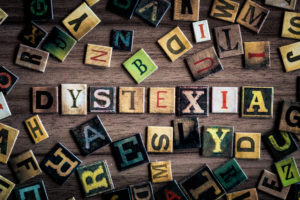Expand the Light: Let the Neurodiverse Shine
Light has fascinated us for centuries because it presents such profound symbolism so simply. The vision for Theara has developed profoundly over the last ten year.
Discovering Joy on the Neurodiverse Journey
After the changes and turmoil of 2020, I think all of us are in search of a little more JOY. I tapped into an unexpected well of JOY last Spring. I was nearing the completion of my 17th year as an online school administrator.
Power, Force, and Efficacy – Tools for the Neurodiverse
We are living in a results-driven society with a “Show Me What You Got” mentality. Your success is dependent on your productivity. Productivity requires the use of executive functioning skills: flexible thinking, impulse control, prioritizing, etc. Neurodiverse individuals experience a different sensory reality and, as a result, struggle with executive functioning skills and self-efficacy.
Neurodiversity is our Final Frontier
Neurodiversity is the final frontier of the Diversity, Equity, and Inclusion movement. The central aim of the D.E.I. movement is improving societal efficacy through the empowerment of people groups who have experienced a history of discrimination
The A, B, C’s of Neurodiversity
As an educator with over 20 years of experience in school administration, I am well-versed in issues related to learning differences and disabilities/neurodiversity. However, it was not until I began mothering a child with these differences that neurodiversity became my passion. I started seeing differences in my son just over a decade ago
Dyslexia: Covert Operator or Creative Ally Part 2
Last week we discussed Dyslexia, the Covert Operator; this week, I would like to discuss how you can turn this deviant into a Creative Ally. We have already established that Dyslexia is a master of disguise, camouflage, and evasion. To master anything requires intelligence, practice, skill, focus, diligence, and tenacity
Dyslexia: Covert Operator or Creative Ally – Part 1
Dyslexia is the most common of all neurodiversity types. In fact, according to The Yale Center for Dyslexia and Creativity, Dyslexia affects 20 percent of the human population and represents 80–90 percent of the Neurodiverse community. This condition is also the first scientifically recognized learning disability; Adolf Kussmaul first referenced Dyslexia as “Word Blindness” over 140 years ago, in 1877.
Neurodiversity, Mother Warrior, Journey
For most young parents, the words learning disability, Autism, Dyslexia, or ADHD evoke fear and prompt confusion. I was that parent. I will never forget having my son evaluated for a speech delay only to learn he likely had Childhood Apraxia of Speech.







